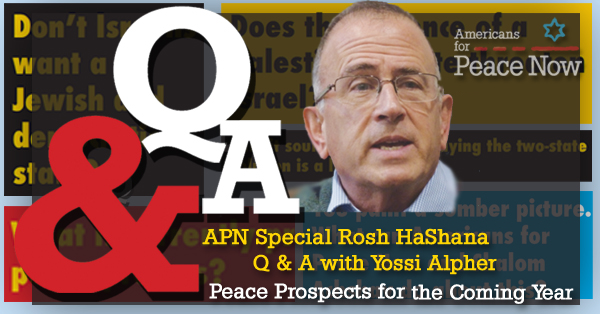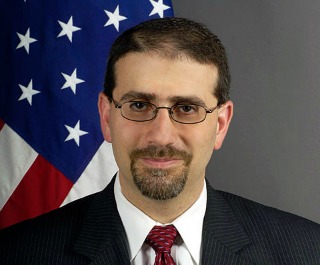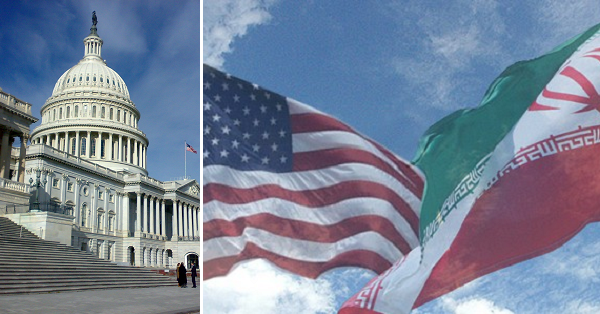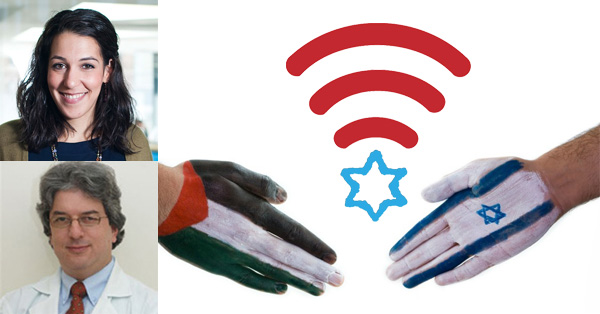by Daniel C. Kurtzer, former U.S. ambassador to Israel and Egypt and professor of Middle East policy studies at
Princeton University's Woodrow Wilson School of Public and International Affairs.
Remember the two-state solution as a means to achieve Middle East peace? It has been a pillar of American foreign
policy, certainly since President George W. Bush announced U.S. support in 2002. But in three quick strokes over
the past few weeks, the Trump administration has demonstrated it really is not very serious about pursuing a
two-state solution.
The first shoe dropped when a team of presidential emissaries, led by Jared Kushner and Jason Greenblatt, visited
the Middle East to talk to the Israelis and Palestinians. State Department spokesperson Heather Nauert was asked
whether the Trump administration supports a two-state solution. Her response was shocking:
“We are not going to state what the outcome has to be. It has to be workable to both sides. And I think, really,
that’s the best view as to not really bias one side over the other, to make sure that they can work through it.
It’s been many, many decades, as you well know, that the parties have not been able to come to any kind of good
agreement and sustainable solution to this. So we leave it up to them to be able to work that through.”
Nauert was following the Trump script, as he stated months earlier: “I’m looking at two-state and one-state and I
like the one that both parties like. I’m very happy with the one that both parties like.”
Nauert’s use of the word “bias” is highly misleading. She is hardly calling for a neutral, non-biased approach to
the Middle East conflict. In fact, her words indicate that the Trump administration itself is extremely biased — in
favor of hardliners in Prime Minister Benjamin Netanyahu’s coalition who want the United States and Israel to
abandon the two state outcome. These radicals cheered Trump’s comments in February and probably celebrated Nauert’s
recent non-answer answer.
Read
more
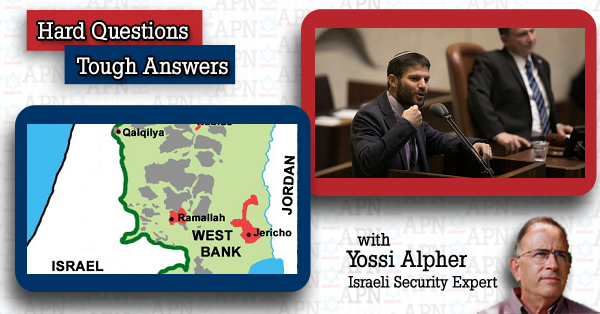

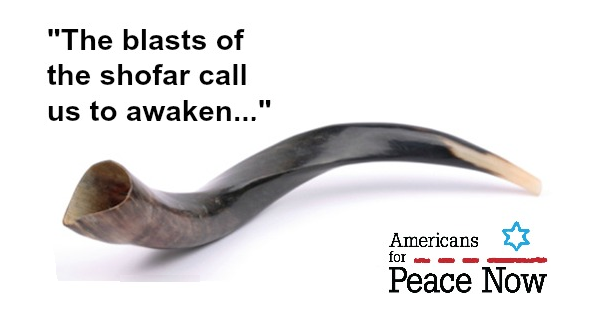
 Each year at Rosh Hashana, we take stock of our actions from the past year. This year, we have
additional reason to take stock as we head into the Days of Awe and the season of repentance: this is the 50
year of the occupation.
Each year at Rosh Hashana, we take stock of our actions from the past year. This year, we have
additional reason to take stock as we head into the Days of Awe and the season of repentance: this is the 50
year of the occupation.
